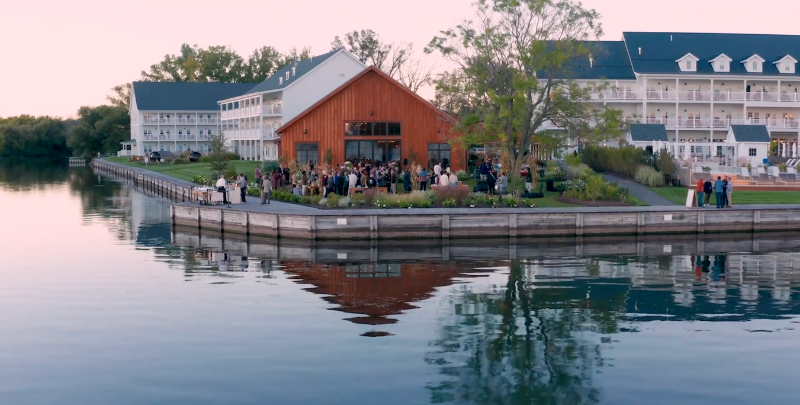LatestSee All
Events
Event Experience
Mobile Apps & Event Tech
45 Virtual Event Ideas & Examples for 2026
January 22, 2026
Events
Event Marketing
AI for Events: What to Know in 2026
January 21, 2026
Events
Finances & Budget
Venue Sourcing
The Ultimate Guide to Corporate Travel Management
January 21, 2026
Events
Trends
42 Webinar Statistics You Need to Know in 2026
January 21, 2026
Venue Sourcing
Event Experience
Event Venues
10 Tips to Source Successfully in 2026
January 21, 2026
Recommended for you
Event Experience
Event Marketing
Hospitality
Step into the Spotlight at the 2025 Cvent Excellence Awards!
Hotels
Hospitality
Industry
Cvent Top Lists: Discover the Top Meeting Hotels of 2024
Event MarketingSee All
Best practices and tips on how to use events as part of your marketing strategy, promote your events to drive registration, and gather and analyze key attendee data.
Buyer InsightsSee All
Learn more about your planner customers so you can better grow and own your group business.
Customer Success
Buyer Insights
Voice of the Customer – Cvent Community
Hospitality
Buyer Insights
How Hotels Can Stay Prepared for Business
Hospitality
Buyer Insights
Reach Young Event Planners: 5 Amazing Examples
Venue SourcingSee All
Here you’ll find the best, fastest, and easiest venue sourcing methods to choose crowd-pleasing event spaces that won’t bust your budget.












